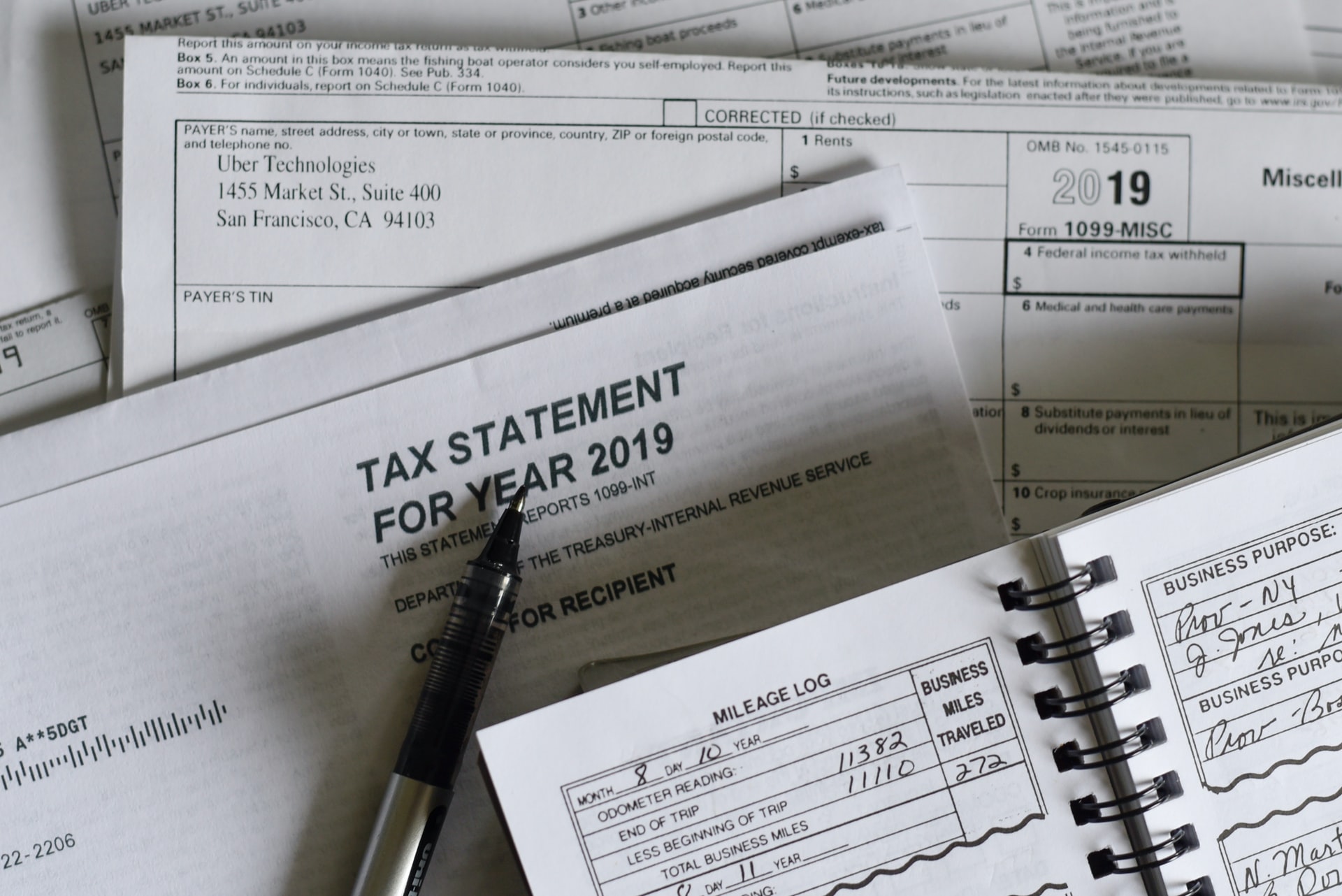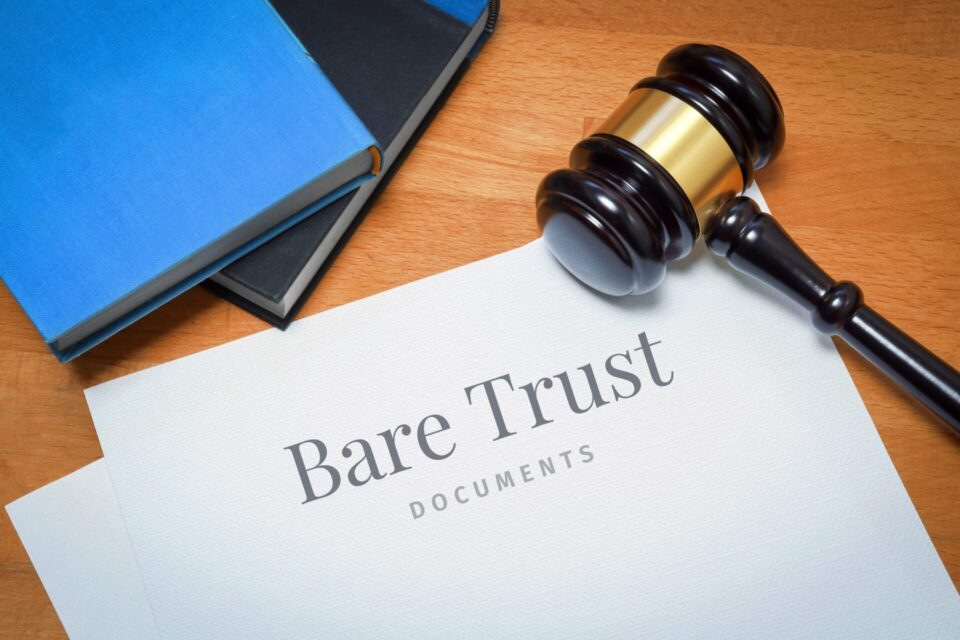
The tax benefits of working from home
June 5, 2020
What to do when you can’t pay your tax bill
June 5, 2020Since mid-March, the federal and provincial governments have announced the creation of numerous programs to help both individuals and Canadian businesses with the financial fallout of the current pandemic. Of those programs, none has had a more direct impact on the lives of Canadians than the Canada Emergency Response Benefit, or CERB. As of mid-May, more than 8 million Canadians have applied for the benefit, and more than $40 billion has been paid out under the CERB program.
The basic structure of the CERB is that qualifying individuals may receive $500 per week for a maximum of 16 weeks, and there is no waiting period. In order to qualify for the CERB, an individual must:
- reside in Canada and at least 15 years old;
- have stopped working because of reasons related to COVID-19 or are eligible for Employment Insurance regular or sickness benefits or have exhausted their Employment Insurance regular benefits between December 29, 2019 and October 3, 2020;
- have had employment and/or self-employment income of at least $5,000 in 2019 or in the 12 months prior to the date of their application; and,
- have not quit their job voluntarily.
It’s important to note that the requirement of having stopped working does not mean that an individual must be no longer employed. Those who have been laid off as a result of the pandemic, or whose hours have been reduced, may also qualify for the CERB where the other requirements are met.
In addition, while many individuals who apply for the CERB will do so because of a loss in income related to a job loss or reduction in hours, eligibility for the benefit is not limited to those circumstances. Specifically, individuals in the following situations may also be eligible to receive the CERB:
- those who are in quarantine or sick due to COVID-19;
- those who are taking care of others because they are in quarantine or sick due to COVID-19; and/or
- those who are taking care of children or other dependants because their care facility is closed due to COVID-19.
Regardless of the eligibility criteria under which they qualify, CERB recipients receive $500 per week for a maximum of 16 weeks. There is also a limit on the amount of income which a recipient of CERB can earn while receiving the benefit. Each application for the benefit covers the subsequent four weeks, and the following rules apply with respect to allowable income levels during each 4-week period.
- An individual cannot have earned more than $1,000 in employment and/or self-employment income for 14 or more consecutive days within the 4-week benefit period of his or her first claim.
- For subsequent claims, the claimant cannot have earned more than $1,000 in employment and/or self-employment income for the entire 4-week benefit period of the new claim.
Amounts received through the CERB program are taxable income to the recipient, but tax is not deducted from payments made. Consequently, recipients will need to set aside funds for the tax which will need to be paid on amounts received when the return for 2020 is filed next spring.
The government recommends that an application for the CERB be made online at https://www.canada.ca/en/services/benefits/ei/cerb-application.html, and applications can be made until December 2, 2020, for payment on a retroactive basis. However, those who are unable to apply online can do so by calling 1-833-966-2099. In most cases, where the recipient receives the benefit by direct deposit to a bank account, that deposit is made within about three days. Where the payment is made by cheque, that cheque is mailed to the recipient.
As might be expected in the case of a benefit for which millions of Canadians are eligible, a number of questions have arisen with respect to eligibility and the interaction between the CERB and other federal benefit programs, like Employment Insurance, as well as its application to specific groups like students, seniors, and disabled persons. The federal government has created a lengthy FAQ document dealing with such queries and questions, and that FAQ document can be found at https://www.canada.ca/en/services/benefits/ei/cerb-application/questions.html#eligibility.
The information presented is only of a general nature, may omit many details and special rules, is current only as of its published date, and accordingly cannot be regarded as legal or tax advice. Please contact our office for more information on this subject and how it pertains to your specific tax or financial situation.

